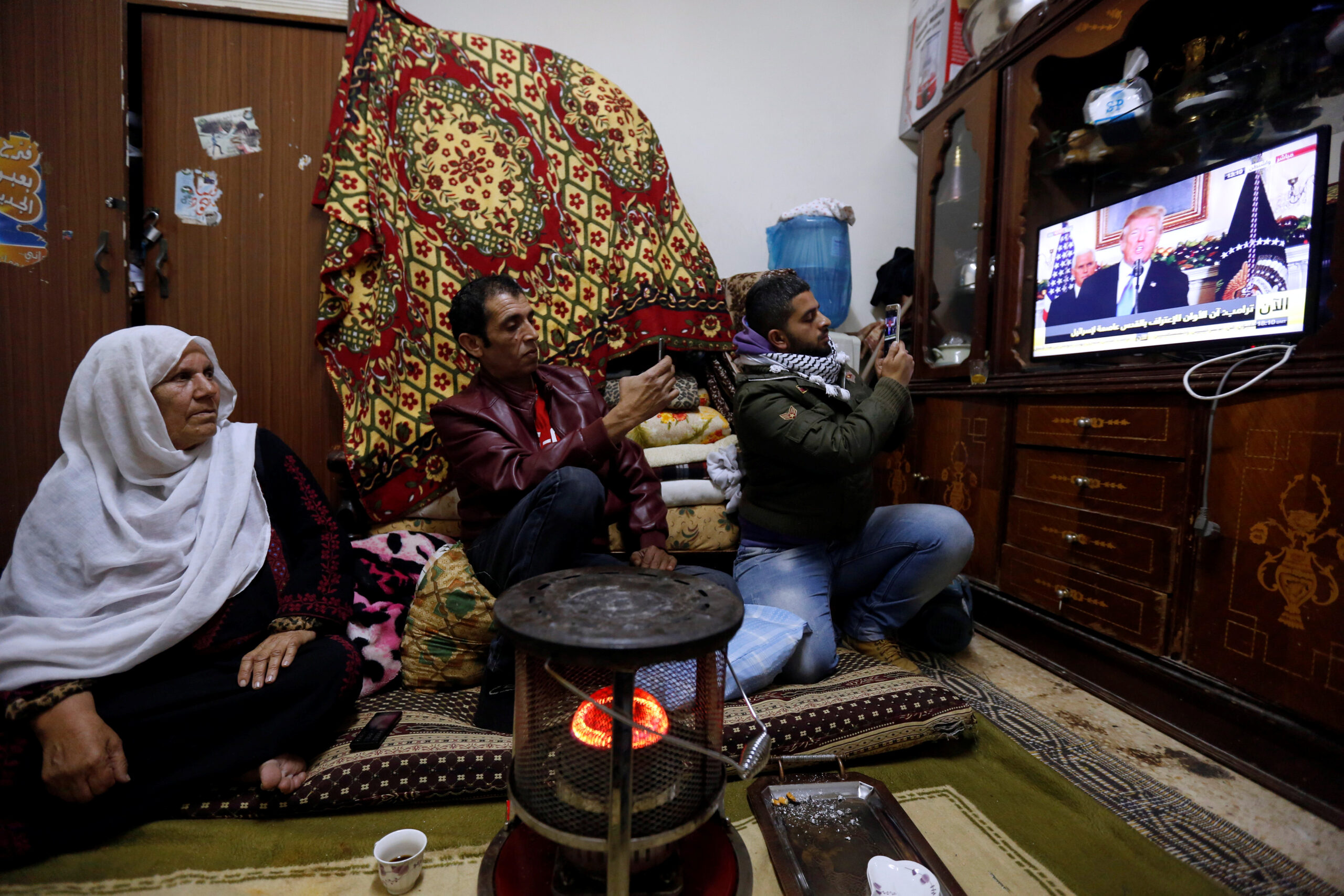You are using an out of date browser. It may not display this or other websites correctly.
You should upgrade or use an alternative browser.
You should upgrade or use an alternative browser.
[🇸🇾] Rebels Oust Assad
- Thread starter Saif
- Start date
Latest Posts Countries Wars Q&A
-
ThreadsPostedLast author
-
[🇧🇩] Corruption Watch
-
[🇧🇩-Land] Bangladesh Army: Artillery & Armored
-
[🇧🇩-Land] Bangladesh Army News/Views
-
General Whatever
-
[🇧🇩] Shadow Cabinet
-
[🇧🇩] July Charter
-
[🇧🇩] Ramadan 2026
-
[🇮🇳] India---News & Views
-
[🇺🇸] USA News/Views
-
[🇮🇷] Protests in Iran
-
[🇮🇳] More RAFALES for IAF
-
[🇮🇳] India-USA friendship
-
[🇮🇷] Iran news/views
-
[🇮🇳] Jammu & Kashmir
-
[🇵🇰] BLA & Pakistan
-
[🇺🇸] Board of Peace
-
[🇵🇰] Pakistan News/Views
-
[🇨🇳] China vs USA
-
[🇧🇩] Music Industry
-
-
-
More options
Manage feed entriesLulldapull
Senior Member
- Joined
- Jan 26, 2024
- Messages
- 8,726
- Likes
- 6,985
- Nation

- Residence

- Axis Group

Al-Turkiya and Al-Jordan.......both will be destabilized with these bought n paid for jihadists.ab kiski baar hai ?
Just watch.
- Joined
- Mar 21, 2024
- Messages
- 891
- Likes
- 270
- Nation

- Residence

- Axis Group

Yaar this was all stage managed. The Iranis n Russians decided to pull out realizing the waste of monies.
20k jahil dalit runnin around on toyota SUV's and motorcycles taking over the whole country in less than a week basically......lol
Nobody died just like in the Kabul Siege 3 years ago......
Peaceful exit.
Now, its the Al-Turkiya and these jihadists against the Kurds, and I wonder if Iran's even bitter about this? Iran can back the Kurds, but the Kurds long in bed with the Zionists. The US got no interest in coludd peepals third wulld dramay unless the Zionist gets him involved.
Zalintsky's khota brudda is the new Syrian president.......lol
Not true. I tagged you in the other thread, Iran lost the groundwar.
Sharma Ji
Senior Member
- Joined
- Sep 28, 2024
- Messages
- 10,915
- Likes
- 529
- Nation

- Residence

- Axis Group

Na ji, ek NATO hai, ek loyalist haiAl-Turkiya and Al-Jordan.......both will be destabilized with these bought n paid for jihadists.
Just watch.

With Trump back, King Abdullah is thinking about ‘Jordan First’
The Hashemite king is again looking to adopt a “Jordan First” policy despite domestic outrage over US support for Israel’s war in Gaza.
its possible Trump will get him to take in more Palestinians, empty out the rest of Gaza into Jordan, the king will be handsomely rewarded with countless shekels.
Lulldapull
Senior Member
- Joined
- Jan 26, 2024
- Messages
- 8,726
- Likes
- 6,985
- Nation

- Residence

- Axis Group

Bhai Syria owes Iran $50 billion and Khamenei sahb just decided to pull the plug. Syria owes Russia probably much more!.......And imam Putin agreed with Khamenei sahbs decision.Not true. I tagged you in the other thread, Iran lost the groundwar.
He was not cutting the mustard for either of his sponsors.
Now the shoe is on de other foot. If Turdogan don't cut da mustard for the Zionists, then the US will walk away from him too just like how Iran n Russia treated Mr Assad.



































